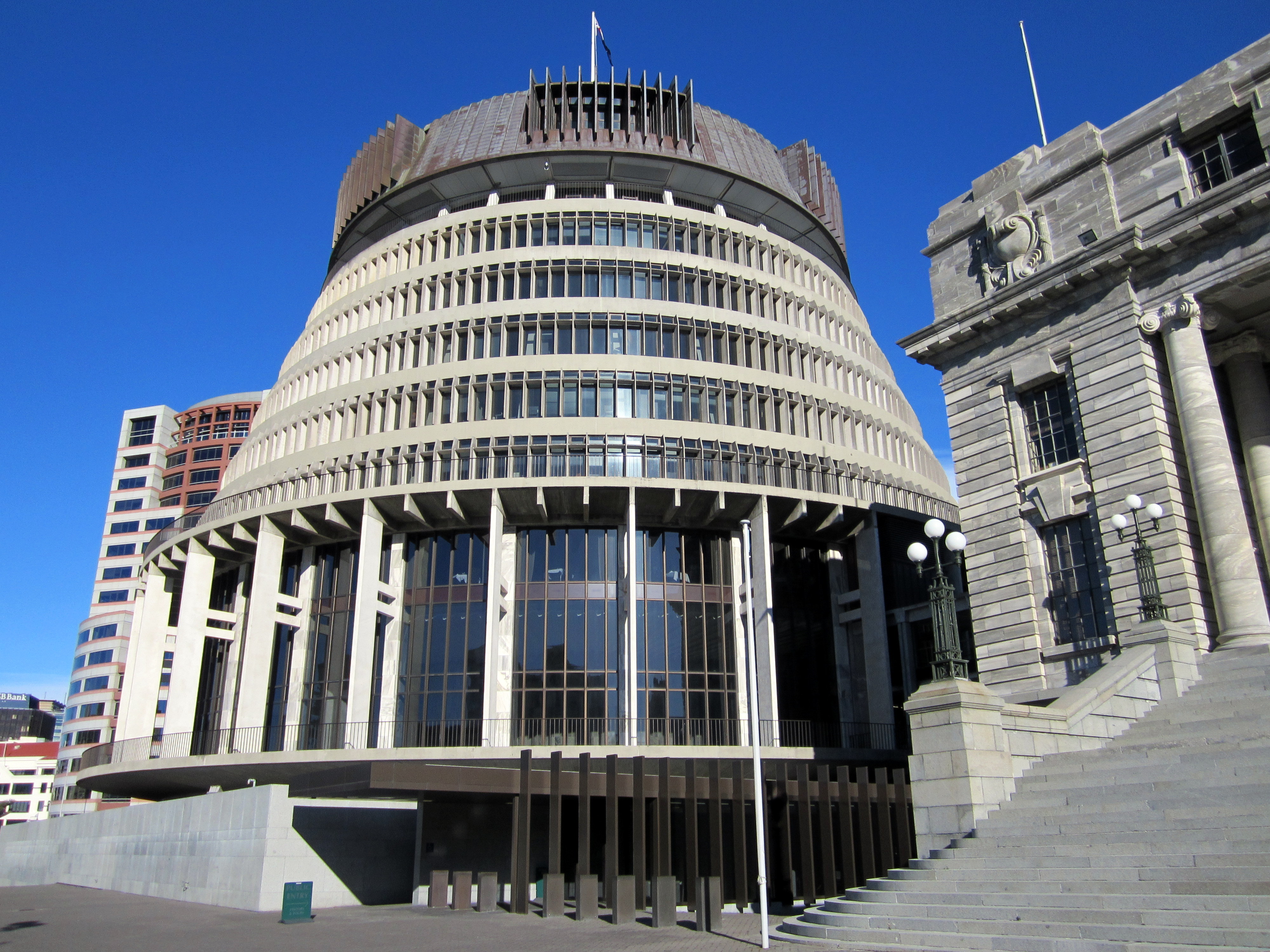|
Overseas Investment Commission
{{Short description, New Zealand government agency regulating foreign investment The Overseas Investment Commission was a New Zealand government agency responsible for regulating foreign direct investment into New Zealand. The commission was administratively part of the Reserve Bank of New Zealand (New Zealand's central bank). This link recognises a historical foreign exchange control role of the commission. The commission was responsible for high value investments (2005: NZD $50m+), investments in sensitive land and investments in fishing quota. The commission was replaced by the Overseas Investment Office The Overseas Investment Office is the New Zealand government agency responsible for regulating foreign direct investment into New Zealand. The Office is responsible for high value investments (2006: NZD $100m+), investments in sensitive land an ... from 25 August 2005. The Office is part of Land Information New Zealand, the New Zealand Government Agency responsible for surv ... [...More Info...] [...Related Items...] OR: [Wikipedia] [Google] [Baidu] |
New Zealand
New Zealand () is an island country in the southwestern Pacific Ocean. It consists of two main landmasses—the North Island () and the South Island ()—and List of islands of New Zealand, over 600 smaller islands. It is the List of island countries, sixth-largest island country by area and lies east of Australia across the Tasman Sea and south of the islands of New Caledonia, Fiji, and Tonga. The Geography of New Zealand, country's varied topography and sharp mountain peaks, including the Southern Alps (), owe much to tectonic uplift and volcanic eruptions. Capital of New Zealand, New Zealand's capital city is Wellington, and its most populous city is Auckland. The islands of New Zealand were the last large habitable land to be settled by humans. Between about 1280 and 1350, Polynesians began to settle in the islands and subsequently developed a distinctive Māori culture. In 1642, the Dutch explorer Abel Tasman became the first European to sight and record New Zealand. ... [...More Info...] [...Related Items...] OR: [Wikipedia] [Google] [Baidu] |
Foreign Direct Investment
A foreign direct investment (FDI) is an ownership stake in a company, made by a foreign investor, company, or government from another country. More specifically, it describes a controlling ownership an asset in one country by an entity based in another country. The magnitude and extent of control, therefore, distinguishes it from a foreign portfolio investment or foreign indirect investment. Foreign direct investment includes expanding operations or purchasing a company in the target country. Definitions Broadly, foreign direct investment includes mergers and acquisitions, building new facilities, reinvesting profits earned from overseas operations, and intra company loans. In a narrow sense, foreign direct investment refers just to building new facility, and a lasting management interest (10 percent or more of voting stock) in an enterprise operating in an economy other than that of the investor. FDI is the sum of equity capital, long-term capital, and short-term capital as ... [...More Info...] [...Related Items...] OR: [Wikipedia] [Google] [Baidu] |
Reserve Bank Of New Zealand
The Reserve Bank of New Zealand (RBNZ) () is the central bank of New Zealand. It was established in 1934 and is currently constituted under the ''Reserve Bank of New Zealand Act 2021''. The current acting governor of the Reserve Bank, Christian Hawkesby, is responsible for New Zealand's currency and operating monetary policy. History The Reserve Bank of New Zealand was established from 1 August 1934 by the ''Reserve Bank of New Zealand Act 1933''. The Reserve Bank first issued banknotes in 1934, see New Zealand pound. The ''Banking (Prudential Supervision) Act 1989'', which came into effect in February 1990, resulted in the Reserve Bank becoming independent of government control in RBNZ's role of managing monetary policy by introducing an inflation targeting mandate. New Zealand was the first country in the world to try this regime, which was later adopted in other countries. The ''Reserve Bank of New Zealand Amendment Act 2008'' included amendments to the ''BPSA 1989'', ... [...More Info...] [...Related Items...] OR: [Wikipedia] [Google] [Baidu] |
Overseas Investment Office
The Overseas Investment Office is the New Zealand government agency responsible for regulating foreign direct investment into New Zealand. The Office is responsible for high value investments (2006: NZD $100m+), investments in sensitive land and investments in fishing quota. The Office is part of Land Information New Zealand, the New Zealand Government agency responsible for survey, land valuation, land titles and mapping. This link recognises that the majority of the Office's work relates to the control of sensitive land. The Office replaces an earlier agency called the Overseas Investment Commission. History The Overseas Investment Commission (OIC), established in 1973, imposed certain limitations on foreign investment. OIC consent was required for foreign investments that would control 25% or more of businesses or property worth more than NZ$10 million. Restrictions and approval requirements also applied to certain investments in land and in the commercial fishing in ... [...More Info...] [...Related Items...] OR: [Wikipedia] [Google] [Baidu] |
Government Of New Zealand
The New Zealand Government () is the central government through which political authority is exercised in New Zealand. As in most other parliamentary democracies, the term "Government" refers chiefly to the executive branch, and more specifically to the collective ministry directing the executive. Based on the principle of responsible government, it operates within the framework that "the reigns, but the government rules, so long as it has the support of the House of Representatives".Sir Kenneth Keith, quoted in the Cabinet Manual'. The '' Cabinet Manual'' describes the main laws, rules and conventions affecting the conduct and operation of the Government. Executive power is exercised by ministers, all of whom are sworn into the Executive Council and accountable to the elected legislature, the House of Representatives. Several senior ministers (usually 20) constitute a collective decision-making body known as the Cabinet, which is led by the prime minister (currently ... [...More Info...] [...Related Items...] OR: [Wikipedia] [Google] [Baidu] |


